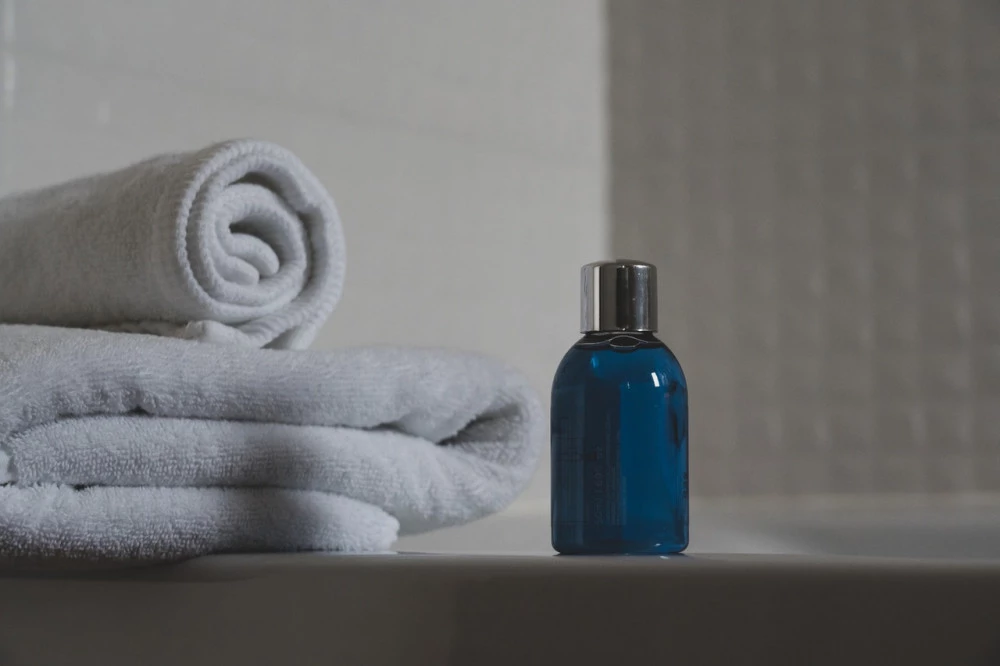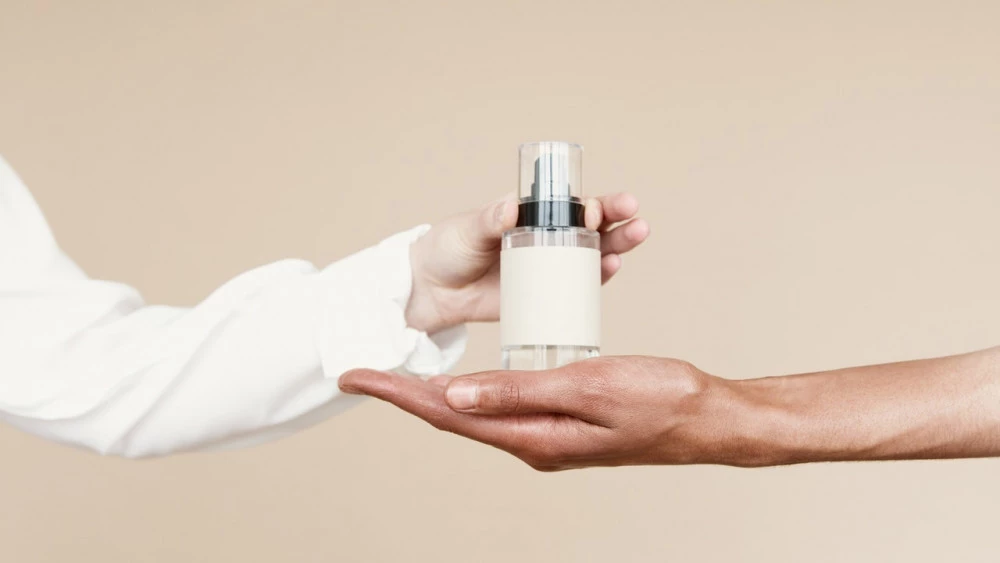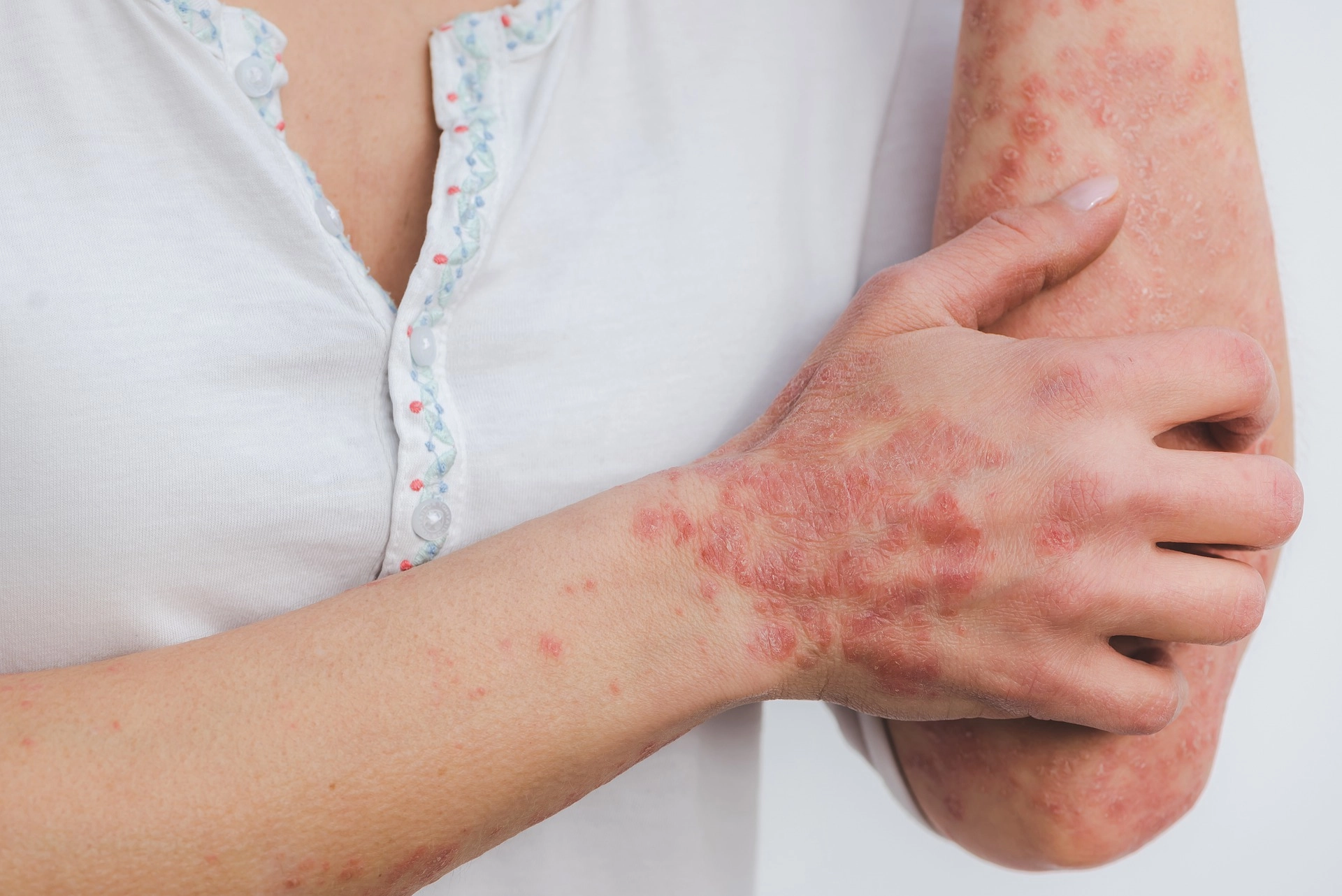Helpful Tips for Preventing Psoriasis Flare-ups
Psoriasis is a skin condition that causes patches of red, flaky skin. It's important to take care of the flareups so you don't experience any—or at least as many—of the accompanying symptoms, like having your skin itch uncontrollably.
If you’ve ever experienced the awful itchiness that comes with psoriasis, you know how frustrating and depressing it can be.
Psoriasis attacks anytime and anywhere. Sometimes it flares without warning, which is tough to get through. A flare isn't the end of the world though! Psoriasis can be managed quite well, even without any major lifestyle changes. You just need to keep up with your schedule of care.
There are a lot of ways to reduce psoriasis flares. Below, you'll find the best tips that dermatologist have suggested for managing this condition:
1. Prevention is the ultimate key
Your best defense against flares is prevention. As long as your skin feels fine you can avoid having a flare-up.
To keep your skin healthy & hydrated, gently cleanse with a non-drying cleanser, take care of your skin by using a heavy moisturizer and remember to protect it from the sun by applying sunscreen. This is often the case with chronic conditions such as acne. Your dermatologist will likely prescribe topical medication and/or oral or injectable medication even when your skin doesn't appear to be flaring up.

Dermatologists recommend using a shampoo with coal tar for regular use, as it can prevent your scalp from flaring. Self-care is key to maintaining your skin’s health, and doing so can reduce the risk of flare-ups too. Always remember that lack of sleep and excessive stress can be a major trigger for flares. Therefore, it is highly recommended to take care of yourself properly.
2. Treat your skin as soon as the first sign of a flare arise
As soon as you see a change happening in your skin that gives a signal of an oncoming flare-up, make sure to start treating it. Waiting until the condition really starts affecting you is very risky and can lead to more severe side effects. Apply your medication as instructed and try to take it slowly.
It’s very important not to stop your treatment until you are completely free of symptoms, even if you think the flare-up is on its way out.
3. You can apply a moisturizer that contains keratolytic ingredient
In order to help liquefy some of the plaque scale on your skin, it is best to use a lotion that has a keratolytic agent, such as salicylic acid.
Although salicylic acid can help reduce flaking, it can also irritate skin, cause dryness and other adverse effects. By only applying the keratolytic moisturizer where it's needed (thick, painful plaques) and limiting the area you need to apply it to, you can make your treatment more effective.

4. You can also try a product with vitamin A or D
It might be a good idea to try out some products with vitamins A or D as they can reduce the severity of your symptoms by having anti-inflammatory properties.
Your doctor may prescribe you a retinoid like tazarotene. It works by increasing cell turnover and lessening the increase of psoriasis scales, making it the perfect alternative for those who are suffering from psoriasis.
5. Guard and cover up your flare at all costs
Psoriasis is a skin condition that is prone to flare-ups. If you pick or scratch at the plaques, it will make things worse and will prolong the flare-up. Those who have psoriasis should be aware that one treatment they can use is paraffin wax. It helps to seal in moisture and oil. The Koebner phenomenon is a good way to keep your skin lesions from spreading.
One option you might want to explore is an at-home treatment kit. You can use wax dips and other treatments, such as over-the-counter drugs to help treat the symptoms of the infection.
6. You can get a little sun to absorb natural sunlight
You can use natural sunlight to treat psoriasis! It's helpful to know what type of light from the sun is best for your skin. Just make sure you wear protection from the sun's UV rays, and try going outside for a walk every day.

If your genetics or another condition increase, it is more likely to develop skin cancer. Therefore, it’s best not to spend an extended period under the heat of the sun. Sun exposure is healthy for your skin, but it needs to be limited to 15 minutes and must not be more than 3 times a week. You should consult with your dermatologist before spending any time in the sun.
7. Your bathing habits must also be given importance
When your psoriasis is really itchy, take breaks from hot showers or baths. The heat can make the itch even worse. A study has shown that you should limit the time you spend in the bath or shower to avoid over-drying your skin and making it more susceptible to damage and discomfort. Showering for less than five minutes and taking a bath for less than 15 minutes is better.
8. Trust the process and embrace your timeline of healing
There are varying degrees of psoriasis severity, meaning different treatment and medication will work for someone, but would not for everybody and it goes vice versa. For anyone that has a skin problem that is getting worse or doesn't seem to be going away on its own, a visit with a dermatologist may be in order.


